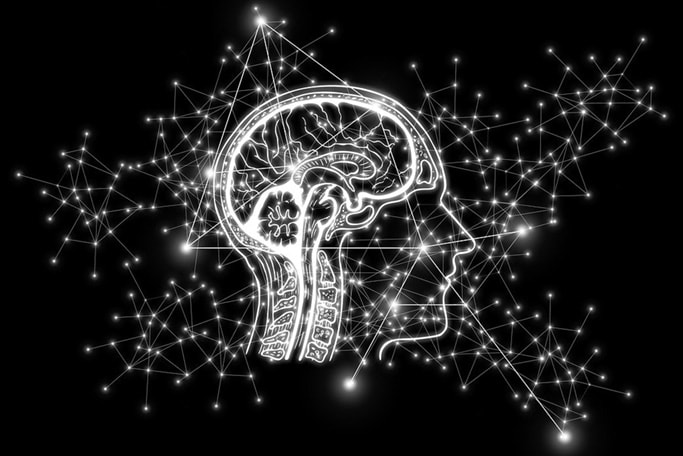Neuropsychology: Definition, Research, & HistoryNeuropsychology is the study of how the functioning of our nervous systems – and our brains in particular – is related to our behaviors and thinking.
“normal range” of functioning usually requires hours of testing – moving through one standardized assessment procedure after another.
When this process is completed with care, thoughtfulness, and thoroughness, the final result is a report documenting how the test subject performs across many measures of cognition and behavior, relative to other people their age. This is a powerful set of knowledge to have. For example, if this testing reveals that you struggle to sustain attention on tasks, make more errors indicating lack of focus than other people do, or respond impulsively to many questions, your ability to regulate your attention may be different enough from that of the average person who takes these tests for the neuropsychologist to say, for example, “You should be diagnosed with ADHD.” These tests can also reveal such an impressive array of high scores that a child or adult may be considered intellectually gifted. So how do neuropsychologists know what they’re doing? How did this field form? Let’s see what the scientific literature says about the field of neuropsychology. Before reading on, if you're a therapist, coach, or wellness entrepreneur, be sure to grab our free Wellness Business Growth eBook to get expert tips and free resources that will help you grow your business exponentially.
Are You a Therapist, Coach, or Wellness Entrepreneur?
Grab Our Free eBook to Learn How to
|
Are You a Therapist, Coach, or Wellness Entrepreneur?
Grab Our Free eBook to Learn How to Grow Your Wellness Business Fast!
|
Terms, Privacy & Affiliate Disclosure | Contact | FAQs
* The Berkeley Well-Being Institute. LLC is not affiliated with UC Berkeley.
Copyright © 2024, The Berkeley Well-Being Institute, LLC
* The Berkeley Well-Being Institute. LLC is not affiliated with UC Berkeley.
Copyright © 2024, The Berkeley Well-Being Institute, LLC




